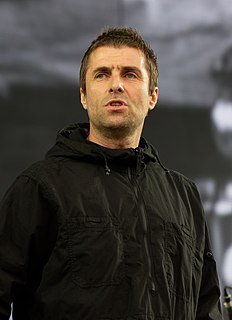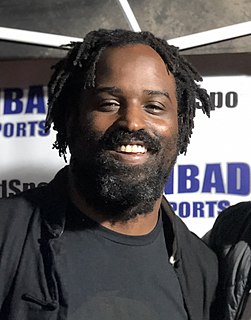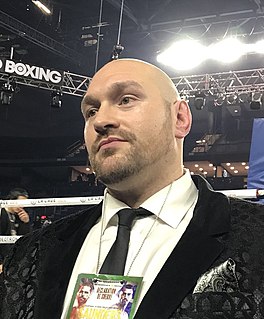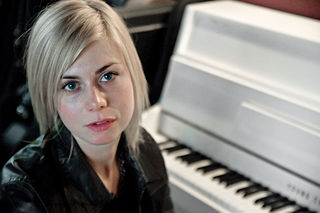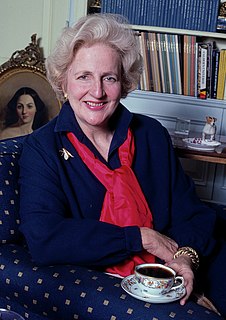A Quote by Erin McKean
Related Quotes
Lying is the misuse of language. We know that. We need to remember that it works the other way round too. Even with the best intentions, language misused, language used stupidly, carelessly, brutally, language used wrongly, breeds lies, half-truths, confusion. In that sense you can say that grammar is morality. And it is in that sense that I say a writer's first duty is to use language well.
Language is the primary way we communicate with each other, and we have really strong feelings about what words mean, and about good language and bad. Those things are really based on sort of an agglutination of half-remembered rules from high school or college, and our own personal views on language and the things we grew up saying, the things we grew up being told not to say.
Singing in second language makes you brave in a way you're not aware of. You say things in very blunt ways or direct ways. It sets your mind free because you don't have a history with the language. You have to use the most direct way of communication, which is saying what you want to say in the way you can.
You do remember things that people say in movies. You remember particular lines and things that are funny. But, you also remember really strong images. Images have a way of bypassing your brain and hitting you emotionally. There are so many things from movies that are remembered, that are just looks on people's faces or incredible vistas or beautiful pictures. That is a very important part of cinema.
One way to think about what psychedelics are is as catalysts for language development. They literally force the evolution of language. You cannot evolve faster than your language because the language defines the culture of meaning. So if there's a way to accelerate the evolution of language then this is real consciousness expansion and it's a permanent thing. The great legacies of the 60's are in attitudes and language. It boils down to doing your own thing, feeling the vibe, ego-trip, blowing your mind.
There was a language in the world that everyone understood, a language the boy had used throughout the time that he was trying to improve things at the shop. It was the language of enthusiasm, of things accomplished with love and purpose, and as part of a search for something believed in and desired.





